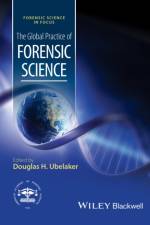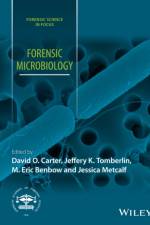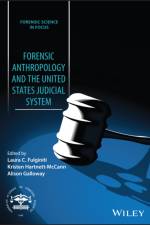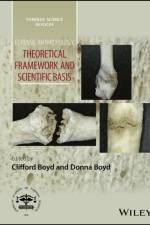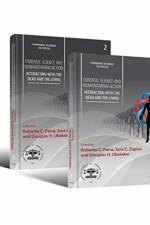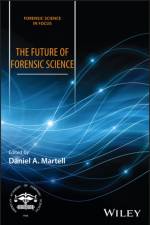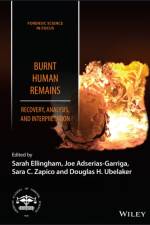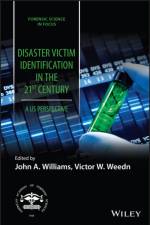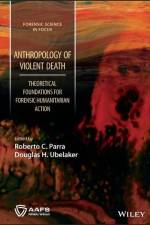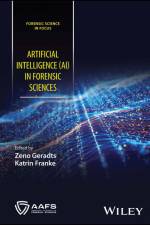av S Ellingham
2 097
An all-encompassing reference and guide designed for professionals involved in the forensic analysis of burnt remainsBurnt Human Remains: Recovery, Analysis and Interpretation presents an in-depth multidisciplinary approach to the detection, recovery, analysis, and identification of thermally altered remains. Bridging the gap between research and practice, this invaluable one-stop reference provides detailed coverage of analytical techniques in forensic medicine and pathology, forensic anthropology, forensic odontology, and forensic chemistry and forensic biology. Contributions from a panel of expert authors review the newest findings in forensics research and discuss their applicability to forensic case work.Opening with a historical overview of the discipline, the book covers the search and recovery aspects of burnt human remains, medico-legal investigations, determination of the post mortem interval of burnt remains, structural changes of burnt bone and teeth, DNA extraction from burnt remains, and much more. Throughout the text, the authors emphasize the importance of understanding the changes undergone by bodies when subjected to fire for establishing identity, reconstructing the events leading up to incineration, and determining the cause and manner of death.* Provides a systemic framework that integrates established forensic methods and state-of-the-art analytical approaches* Describes different forensic analyses from the macroscopical, microscopical, biochemical, and molecular level* Features international case studies of challenging individual cases as well as natural or man-made mass fatalities requiring the identification of incinerated remains* Demonstrates how changes to the macro- and microstructure of burnt remains can reveal information about incineration conditions* Discusses organizations and programs focused on developing standards and best practice for the recovery and analysis burnt remainsBurnt Human Remains: Recovery, Analysis and Interpretation is an indispensable resource for all practitioners engaged in the interpretation of burned human tissue, including pathologists, forensic chemists, forensic biologists, forensic anthropologists, forensic odontologists, and archaeologists.

